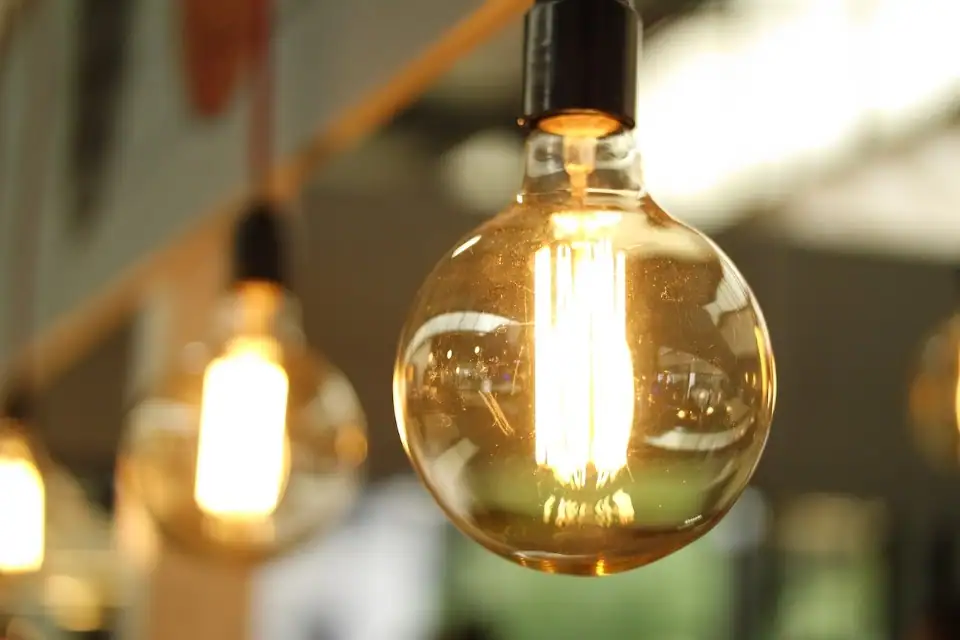
Greenify Your Home and Enjoy Tax Credits for Energy-Efficient Improvements
August 14, 2023Creating an energy-efficient home not only benefits the environment but also offers several advantages for homeowners. By making energy-efficient home improvements, you can lower your energy bills, reduce your environmental impact, and increase the value of your home. Additionally, these improvements can make you eligible for tax credits, providing further financial incentives. In this article, we will explore how you can qualify for these tax credits, the types of home improvement projects that are eligible, whether all energy-efficient home improvements are tax deductible, and the energy-efficient home improvement credit for the year 2022.
What are the benefits of energy-efficient home improvements?
Lower energy bills
One of the significant benefits of energy-efficient home improvements is the potential reduction in energy bills. When you upgrade to energy-efficient appliances, such as energy-star rated water heaters or HVAC systems, you can significantly decrease your monthly utility costs. These improvements often pay for themselves over time through the savings you make on your energy bills.
Reduced environmental impact
Energy-efficient home improvements help in reducing your environmental footprint. By consuming less energy, you will lower your carbon emissions, which contribute to climate change. For instance, upgrading to energy-efficient windows and doors improves insulation and reduces heat loss during colder months, minimizing the need for excessive heating. It also reduces the strain on heating systems and decreases the overall energy consumption of your home.
Increase in home value
Energy-efficient improvements can increase the value of your home. Buyers are increasingly interested in purchasing energy-efficient homes due to the long-term savings on energy bills. If you decide to sell your home in the future, energy-efficient upgrades, such as solar panels or insulation upgrades, can make your property more attractive to potential buyers and potentially increase its resale value.
How can I qualify for energy tax credits?
Check eligibility requirements
Before starting any energy-efficient home improvement project, it is important to check the eligibility requirements for tax credits. The requirements can vary depending on the type of improvement and the year in which the improvement was made. Certain improvements may be eligible for tax credits only if they were made in a specific tax year or if they meet specific energy efficiency standards, such as ENERGY STAR ratings.
Review available tax credits
There are various tax credits available for different types of energy-efficient home improvements. The specific tax credits can change from year to year, so it is important to review the credits that are currently available. Some common tax credits include the residential clean energy credit, energy property credit, and the energy-efficient home improvement credit, among others.
Keep track of necessary documentation
To claim energy tax credits on your tax return, you will need to keep track of the necessary documentation. This may include receipts, invoices, and certification documents to prove that the improvements were made and meet the eligibility requirements for the tax credits. Proper documentation is essential to ensure the accuracy of your tax filings and to avoid any potential issues in the future.
What home improvement projects are eligible for tax credits?
Replacing windows and doors
Replacing old, inefficient windows and doors with energy-efficient ones can make you eligible for tax credits. Energy-efficient windows and doors are designed to prevent heat transfer, keeping your home warmer in winter and cooler in summer. This reduces the strain on your heating and cooling systems and can improve the overall energy efficiency of your home.
Upgrading insulation
Upgrading the insulation in your home is another eligible improvement for tax credits. Proper insulation helps to maintain a comfortable indoor temperature year-round, reducing the need for excessive heating or cooling. It also prevents drafts and energy leaks, making your home more energy-efficient.
Installing solar panels
Installing solar panels is an increasingly popular option for homeowners seeking energy-efficient improvements. Solar panels harness the power of the sun to generate electricity, significantly reducing your reliance on traditional energy sources. Depending on the location and the size of the system, you may be eligible for tax credits for a portion of the installation costs.
Are all energy-efficient home improvements tax deductible?
Understand the deductibility rules
While energy-efficient home improvements can provide tax benefits, it is important to understand the deductibility rules. Not all improvements qualify for tax deductions, and the deductibility can vary depending on the nature of the improvement and the specific tax laws in your jurisdiction. It is essential to review the applicable laws and consult with a tax professional to determine the deductibility of your specific improvements.
Consult with a tax professional
When it comes to navigating tax laws and deductions, consulting with a tax professional is highly recommended. They can provide expert advice based on your specific situation and ensure that you are maximizing your eligible tax benefits. A tax professional can guide you through the intricacies of energy-efficient home improvement tax deductions and help you avoid potential errors or oversights.
Keep receipts and records
To properly claim any tax deductions related to energy-efficient home improvements, it is crucial to keep all relevant receipts and records. These documents serve as proof of the costs incurred and the nature of the improvements made. By maintaining detailed records, you can support your claims and minimize the risk of any potential disputes or audits.
What is the energy-efficient home improvement credit in 2022?
Familiarize yourself with the available credits
It is important to familiarize yourself with the available energy-efficient home improvement credits for the year 2022. The available credits can vary from year to year, depending on changes in tax laws and incentives. By understanding the credits available for the current year, you can better plan and prioritize your energy-efficient home improvement projects.
Review the requirements for each credit
Each energy-efficient home improvement credit may have specific requirements that must be met in order to qualify. For example, certain credits may only be applicable to specific types of improvements or may require specific energy efficiency standards to be met. By reviewing the requirements for each credit, you can determine which improvements are likely to be eligible for tax credits.
Calculate the potential tax savings
Calculating the potential tax savings resulting from energy-efficient home improvement credits can provide a clearer understanding of the financial benefits. By estimating the tax savings, you can evaluate the return on investment for each improvement and make informed decisions about which projects to prioritize based on their potential tax benefits.


